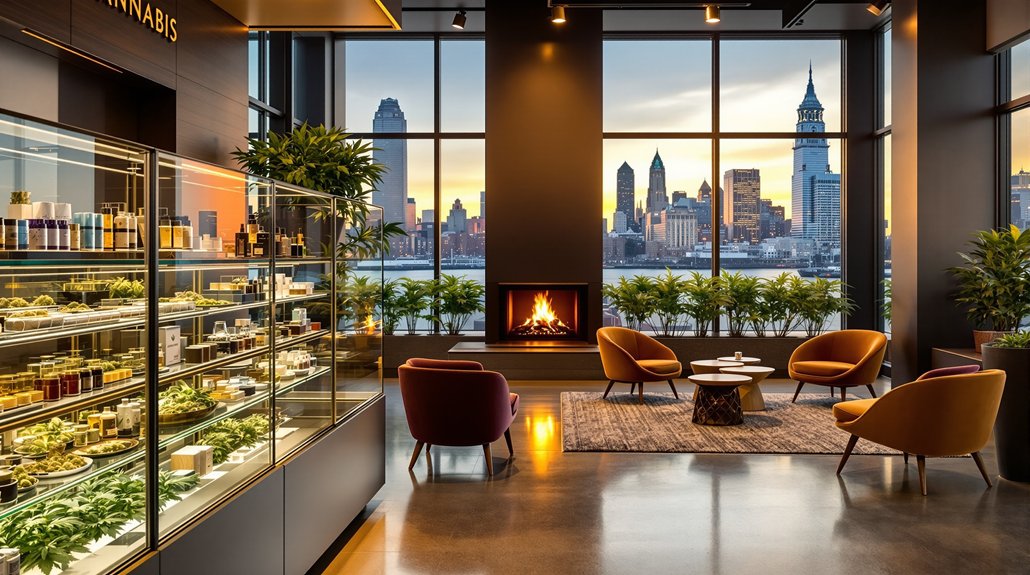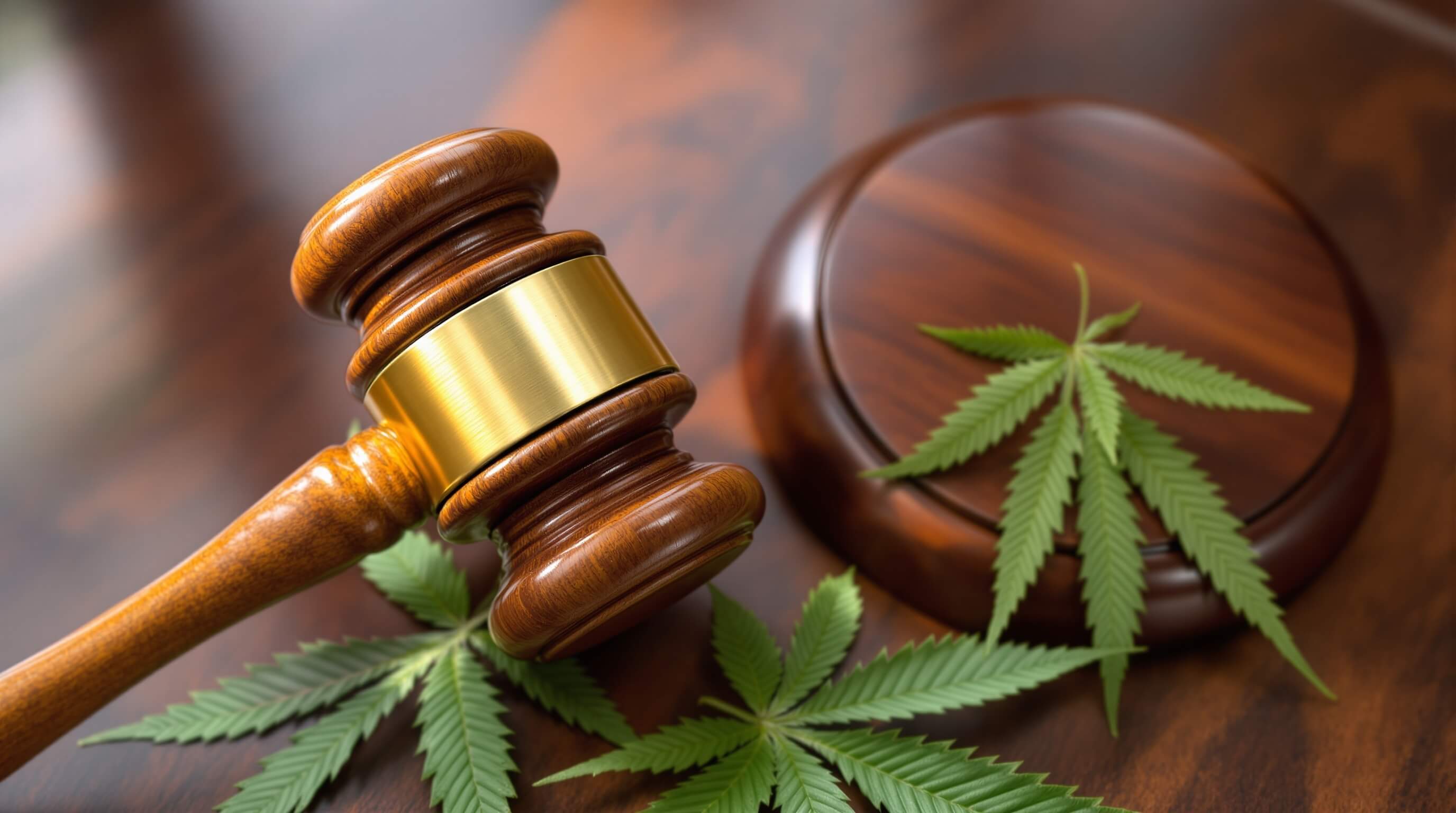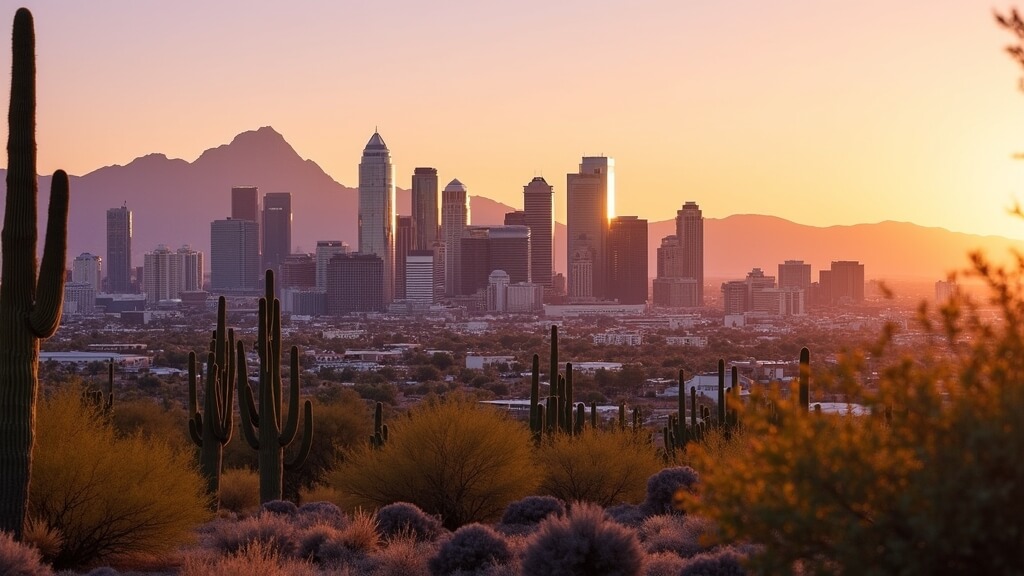After years of regulatory delays, Massachusetts is moving closer to allowing on-site marijuana consumption at licensed establishments, as the state’s Cannabis Control Commission approved draft social consumption regulations in July 2025. This development would make Massachusetts the 11th state to permit regulated on-site marijuana use, joining California, New York, and Illinois in expanding cannabis accessibility beyond private residences.
Massachusetts becomes the 11th state to approve regulated on-site marijuana consumption at licensed establishments following years of delays.
The draft regulations establish three distinct license categories to accommodate different business models and consumer needs. Supplemental licenses allow existing cannabis retailers and operators to create on-site consumption areas within their current facilities. Hospitality licenses enable non-cannabis businesses, such as gyms and theaters, to offer designated cannabis consumption spaces separate from their primary operations. Event organizer licenses permit temporary on-site use at festivals, rallies, and similar gatherings for up to five consecutive days.
Massachusetts has prioritized social equity in the licensing process, with an initial exclusivity period favoring minority-, women-, and veteran-owned businesses. However, all license types require municipal approval, meaning individual communities must actively opt-in before establishments can operate locally. This requirement gives municipalities significant control over implementation within their jurisdictions.
The regulations impose strict operational restrictions designed to address public health and safety concerns. Cannabis consumption sites must prohibit alcohol and tobacco use to prevent poly-substance abuse risks. Licensed establishments must maintain state-mandated “cool down areas” for customers experiencing adverse reactions to cannabis consumption. Additionally, operators must comply with exhaustive sanitation, packaging, labeling, and security protocols outlined in existing cannabis regulations.
Compliance oversight extends beyond basic operations to include advertising restrictions, recordkeeping requirements, waste disposal procedures, and secure transport of cannabis products. Temporary events face additional approval requirements from host communities and must implement stringent visibility and safety measures to operate legally. The state’s approach aligns with national efforts to create sustainable pathways into the cannabis industry for communities most impacted by prohibition.
The Commission conducted extensive stakeholder engagement throughout the regulatory development process, consulting industry representatives, law enforcement officials, local government leaders, and community groups. Public listening sessions held statewide gathered feedback on operations, safety protocols, and equity implications. The ongoing comment period has involved input from businesses, licensees, patients, and consumers, with stakeholders specifically discussing safety measures and concurrent alcohol and tobacco sale prohibitions. The public comment period will begin with a Sept. 8 hearing in Worcester, marking the formal start of community input on the proposed regulations.
The Commission plans to finalize and publish regulations by October 2025, following public hearings and additional comment periods throughout the summer and fall. While implementation setbacks have historically challenged the Commission, the exhaustive stakeholder engagement and detailed regulatory framework suggest Massachusetts may successfully launch its social consumption program. The concept has existed legally since 2016, but practical implementation required this extensive regulatory development process to address complex operational and safety considerations. As Massachusetts positions itself as an East Coast leader in the cannabis industry with over $7 billion in gross sales already achieved, these social consumption regulations represent another significant step in the state’s cannabis market expansion.









